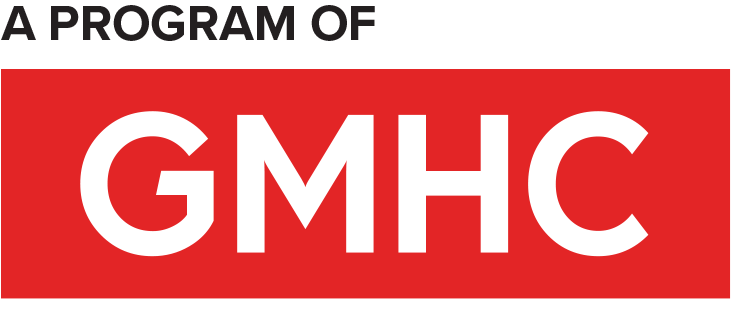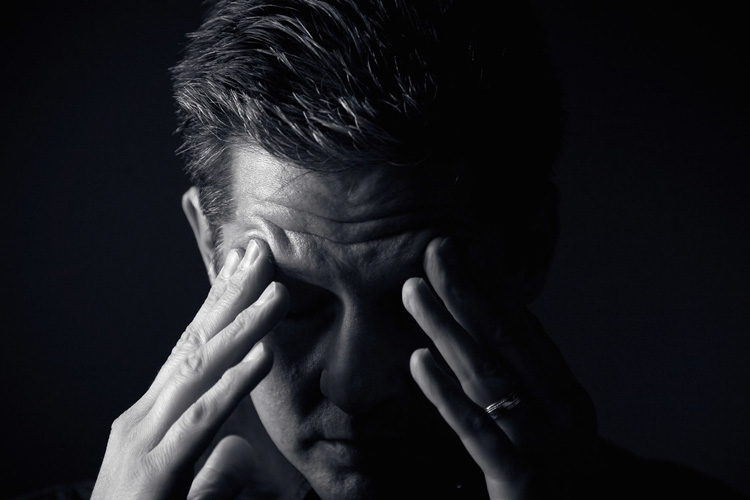Don’t Let the Blues Get You Down During the Pandemic
Persons with HIV are at higher risk for depression. That depression is reinforced by the social isolation which especially characterizes most of the older adult population with HIV. Adding to this risk is the reality that COVID-19 has disrupted the sources of social interaction with friends and family and increased loneliness. There are also the strains of mask wearing, social distancing, and the wait for vaccine access. These circumstances have increased the frequency of depression. Fortunately, treatment for depression is available if you ask for help when you experience certain symptoms, and your quality of life can be improved with interventions or treatment.
Depression, or the persistent feeling of sadness, worthlessness, and profound unhappiness is relatively common in the general population. However, it is a major issue for persons with HIV. The frequency may be three times or more as high in persons with HIV. While in the general population there is some reduction in frequency at older ages, in persons with HIV, depression does not decrease with aging. Instead, it persists at 50 years and older. For the general population, the risk of depression during COVID-19 has been three times as frequent than prior to the pandemic. Data is beginning to emerge that shows increases in rates of depression in this population who already have elevated rates.
There is no doubt that many of us have low moments because of various problems. These more often clear spontaneously. However, if the “blues” continue for several weeks, this may indicate the onset of depression and require the need for professional attention. With a few questions about symptoms, it is possible to clarify if there is a possible problem or not.
There are a number of approaches that can be used to lessen the effects of depression. If loneliness is a major contributing factor, then sometimes regular phone calls with a supportive person can make a difference. Also, there are a number of medications that can be used that will not interfere with your HIV medications. However, it will take a few weeks before the full effects may be felt. If you would rather not use another medication, then there are alternative approaches called “talk therapy”. These include simple, supportive interactions (support groups) with more frequent appointments or referral to a counselor/therapist/psychologist that can provide either individual or group therapy.
More information about depression is available on the NRCHA site here.


